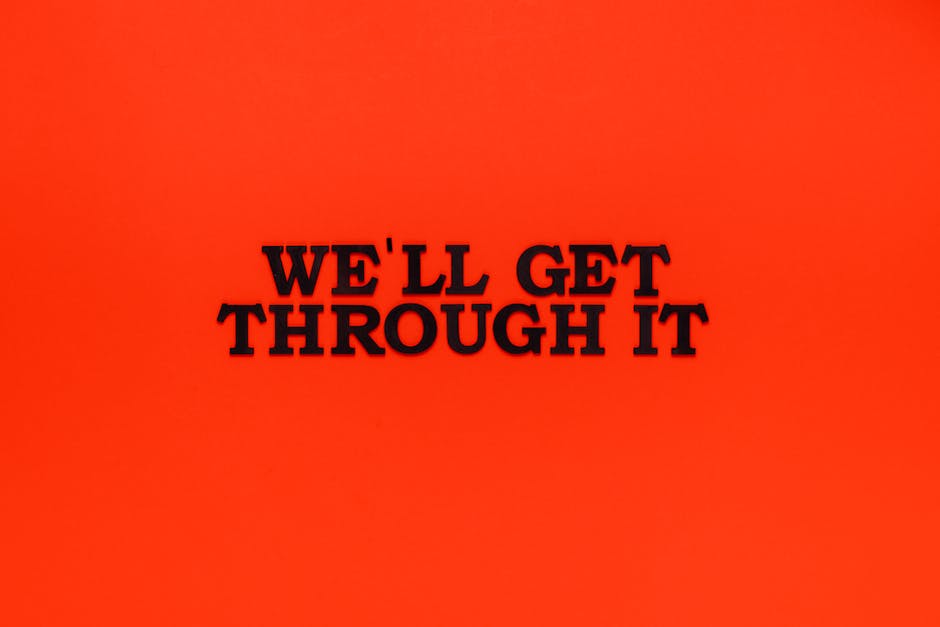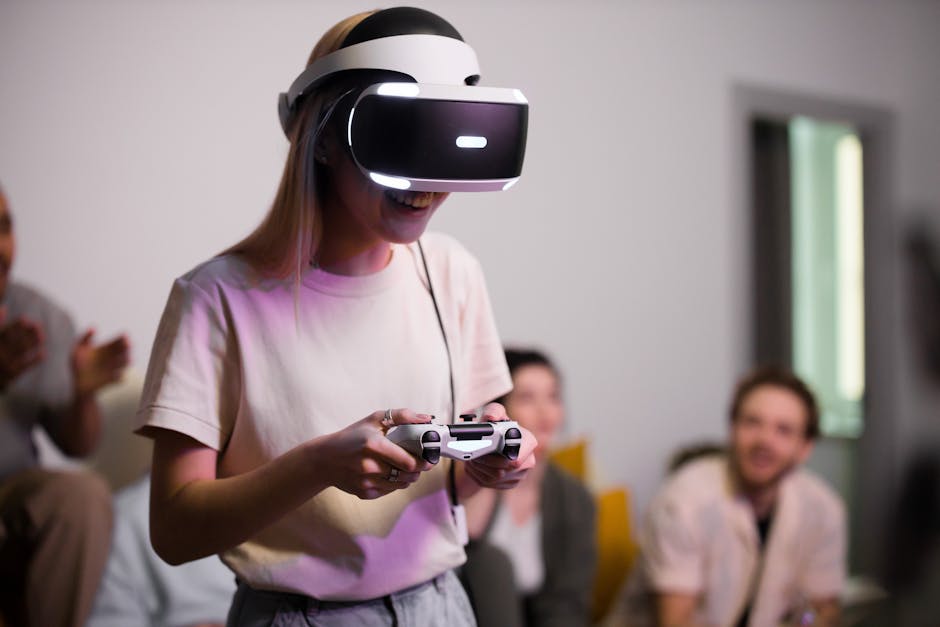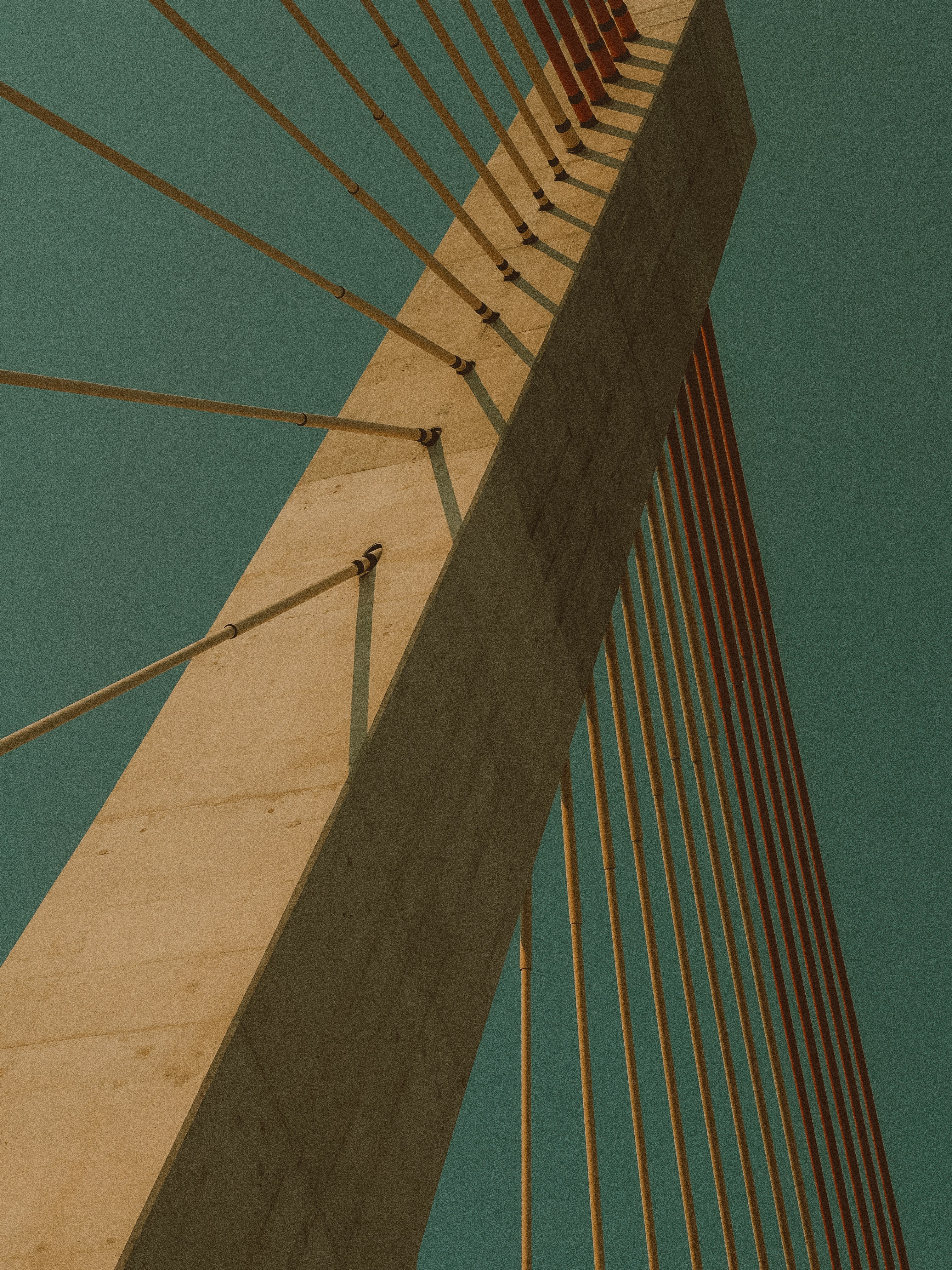The Impact of Game Modding Communities on Mainstream Design
The world of gaming is ever-evolving—continually shaped by technological innovations and creative bursts from dedicated communities. Among these contributions, game modding stands out as a compelling force, intertwining the passion of players with the foundations of mainstream game design. The question looms large: Are we witnessing an evolution, or are we on the cusp of a revolution driven by modding communities?
In this article, we’ll explore how game modding is not just influencing the parameters of game design but transforming it entirely—creating a dialogue between developers and players that shapes what gaming could—or should—become.
The Essence of Game Modding
Modding, a term derived from modification, refers to the act of altering a video game to change its content or gameplay experience. From simple aesthetic tweaks that alter a character's appearance to full-scale overhauls that change game mechanics, the potential for creativity within modding is limitless.
Historically, modding communities have been around since the dawn of gaming—consider the classic DOOM or Quake. Players ardently crafted levels, weapons, and characters, extending the life of these games far beyond what developers initially envisioned. As discussed in this article on the evolution of gaming communities, modding is a grassroots movement that gives players control over their gaming experiences, showcasing their creativity and resulting in often unexpected innovations.
Bridging the Gap: Developers and Players
One of the most exciting aspects of modding communities is how they facilitate a two-way relationship between developers and players. As developers release modding tools, they effectively open the floodgates for community-driven creativity. Instead of viewing players merely as consumers, developers can see them as collaborators.
This partnership has tangible benefits—many renowned titles, such as Skyrim or The Sims, credit their longevity to vibrant modding ecosystems. With thousands of mods available, players can customize their experiences, breathing new life into beloved games. Additionally, important feedback emerges from the community, informing developers about potential enhancements they might not have considered.
For instance, playtesting routes can be strengthened by leveraging modded versions of games that collect direct player feedback. Understanding what resonates with players enhances not just individual titles but informs future projects as well.
Why Mainstream Game Design Needs Modding Communities
Modding is not just a secondary aspect of gaming; it is rapidly becoming a cornerstone of mainstream design. The ongoing conversation between modders and developers highlights several crucial benefits:
Innovation through Necessity
When players identify gaps in their gaming experiences, modders jump in—with creativity, of course. These mods often fill in what the original developers overlooked or didn’t have the resources to implement. Dishonored 2, for example, saw mods that adjusted mechanics for accessibility, fulfilling a need for players who require alternative play methods. This overlapping of creativity and necessity fosters innovation and keeps the gaming landscape dynamic.
Cultural Reflection
Modding communities often react to societal issues, crafting narratives and mechanics that reflect the current state of human affairs. Game design, steeped in culture, benefits from these community voices that can introduce themes of social justice, environmental concerns, or mental health awareness. A pertinent example is how games like Fallout and The Last of Us have been reimagined through mods to address deeper societal themes, prompting discussions previously left unexamined.
Case Studies: Evolutionary Examples of Modding
Looking at specific instances helps illustrate the impact of game modding on mainstream design:
The Transcendence of Minecraft
Minecraft is a quintessential example of how modding can inspire mainstream game design. Originally released without multiplayer, the community quickly modified the game to enable online play. This prompted Mojang, the developers, to incorporate a more structured multiplayer experience officially, directly stemming from community demand.
From Indie to Mainstream: Fortnite
Fortnite's creative mode offers an in-game builder that allows players to construct their unique experiences—akin to modding. It showcases elements building off the foundation laid by the modding community: Player creativity is now a part of the flagship offering, setting the stage for mainstream gaming to encourage player-driven innovation actively.
The Ethical Dimensions of Modding
As with any rapidly evolving community, ethical dilemmas are woven into the fabric of game modding. Copyright issues arise, and the desire to monetize mods creates a complicated relationship between modders and developers.
In 2021, initiatives like the modded support from major corporations demonstrated a willingness to collaborate with modders legally. Nevertheless, the community needs to navigate these waters carefully to ensure that the original creators are acknowledged and compensated, thereby sustaining ethical gameplay while fostering innovation.
Encouraging Mental Well-Being through Modding

Interestingly, the effects of mental health awareness have made their mark within modding communities. Mods that emphasize themes of support and connection, as shared in the bridging of gaming with real-world support, have begun to emerge. These mods create narrative frameworks that are not only entertaining but also informative and supportive for gamers dealing with mental health issues.
The Future of Game Design: Embracing Community Input

As we analyze the trends, it is evident that future game design must embrace community input. Developers can cultivate healthy relationships with modding communities by acknowledging their contributions and engaging them actively. This collaboration can act as a catalyst for innovation, ensuring games stay relevant and resonant with players.
Fostering a Thriving Ecosystem

Encouraging modding ecosystems will require developers to provide robust tools and avenues for expression. This is well-illustrated in how games like Garry’s Mod or Skyrim continue to succeed with constant interactions with their modding communities. Developers can monitor feedback for core mechanics, aesthetics, or even game pacing.
Particularly, the ability to analyze trends and shifts in player preferences gives developers the opportunity to craft not just games but experiences that live and breathe alongside their players.
Final Thoughts

The symbiotic relationship between game modding communities and mainstream game design is not just evolution; it is revolution. It changes how games are created, received, and enjoyed. As more developers open their doors to these passionate communities, we can expect an enriching transformation in how games are designed and experienced—one that honors player creativity while pushing boundaries in ways we can barely imagine today.
If you’re a gamer, a developer, or just curious about the industry, engaging with or even contributing to these modding communities could be the catalyst that shapes the next big innovation in gaming. Whether it’s creating mods for indie games or pushing the limits of beloved franchise titles, the impact you make within these communities can, in turn, redefine the gaming landscape as a whole.











